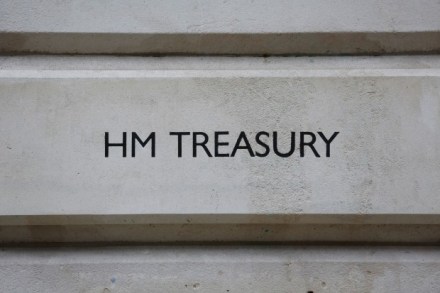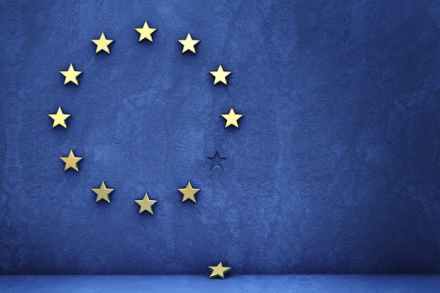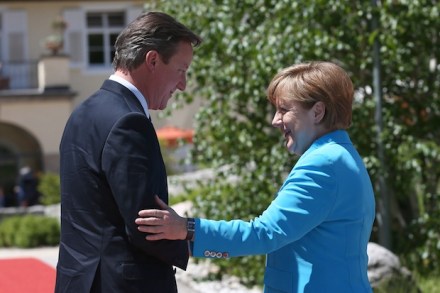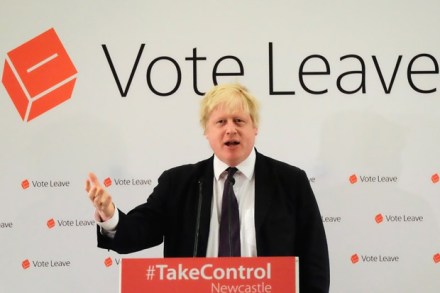Today’s inflation figures tell us nothing about Brexit. Why does the Treasury pretend otherwise?
We’re now at the stage in the EU referendum debate where every announcement is explained in terms of its relationship to Brexit – whether relevant of not. So today we learn that inflation is still flat, dropping to 0.3pc in April. As per usual. But bizarrely, the Treasury is pretending that this tell us about the misery coming our way if Britain walks away from Europe. Here’s what a Treasury spokesman had to say about the figures: ‘Today’s inflation figure continues the trend we’ve seen over the past year. Pay is growing faster than prices, boosting families’ spending power. Last week the Bank of England’s Monetary Policy Committee warned that a vote to leave




















